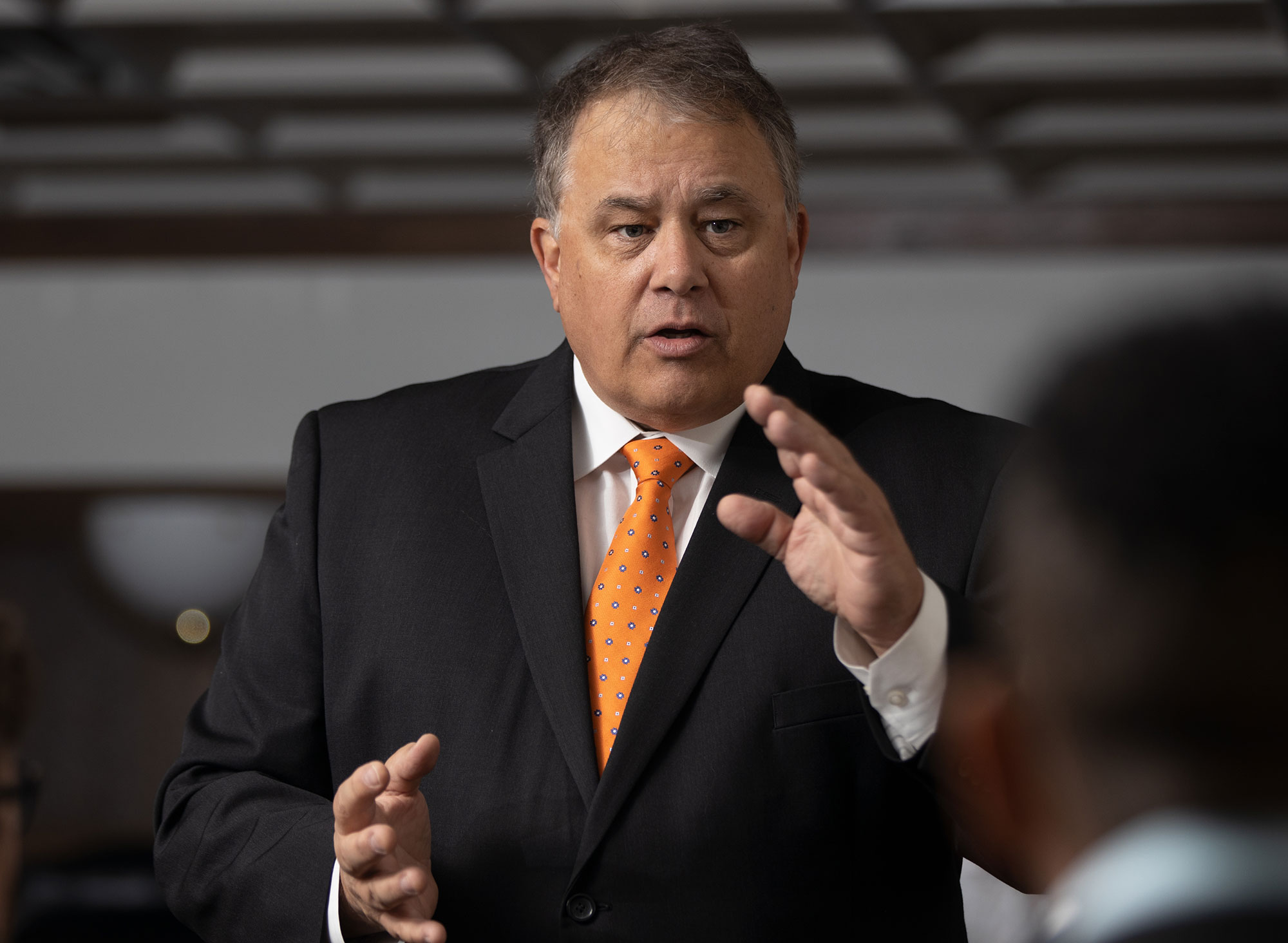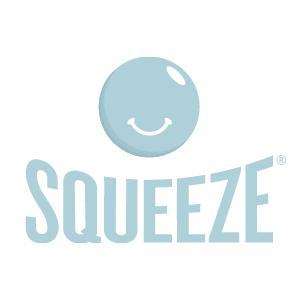

The interview was recorded on July 30th in Seoul. North Korean officials don’t go to the bathroom by themselves overseas. The kind of people they send out overseas are people who have deep ties with the regime or are indoctrinated, and they’re trained It’s impossible to separate them. But that’s also very difficult because the North Koreans are the most highly trained people in the world. It’s just not possible Then what you’re recruiting are North Korean officials outside of North Korea. How do you get human intelligence out of North Korea? It’s not like CIA guys, a bunch of white guys are running around in North Korea. She holds a Master’s in International Law and Diplomacy from the Fletcher School and a Bachelor of Arts in Political Science from NYU. Terry earned her PhD in International Relations from the Fletcher School of Law and Diplomacy at Tufts University. Earlier in her career, she served as Senior Analyst on Korean issues at the CIA Directorate of Intelligence, where she was a top-rated Korean linguist.ĭr. American Translators Association (ATA) certification 30d+ Peraton 3.6 Seeking Language Enabled Geolocation Analysts Fort Gordon, GA 86K - 138K (Employer est. Terry served as Deputy National Intelligence Officer for East Asia at the National Intelligence Council, and also served as Director for Korea, Japan and Oceanic Affairs at the National Security Council during the George W. New Jersey 37.00 - 40.00 Per Hour (Employer est.) Easy Apply Bachelor’s Degree in Vietnamese or Chinese, Journalism, Communications, or related field required. Prior to her academic and consulting career, Dr. She has also served as the National Intelligence Fellow in the David Rockefeller Studies Program at the Council on Foreign Relations in New York. Terry is a Senior Research Scholar at the Columbia University Weatherhead East Asia Institute and founder of Peninsula Strategies Inc., an advisory firm specializing in Korean issues. intelligence community and its attempts to deal with North Korea.ĭr.

Sue Mi Terry who provided us with a unique look into the U.S. Much of our knowledge about North Korea comes from a limited number of sources: documents made public by foreign governments, defector testimonies, correspondents in neighboring countries, and ultimately North Korea’s official news agency.īut what about intelligence agencies? How do they manage to gather intelligence – and how much do they actually know about North Korea? For this interview, we had the privilege to host Dr.


 0 kommentar(er)
0 kommentar(er)
